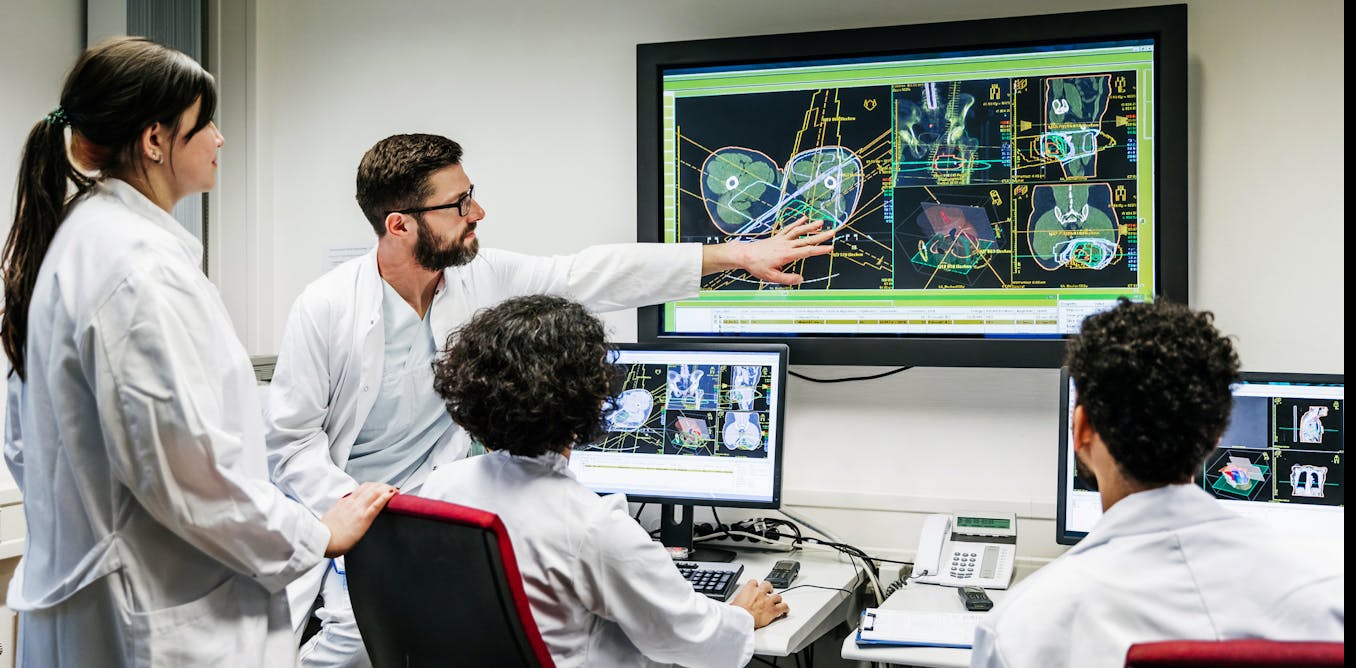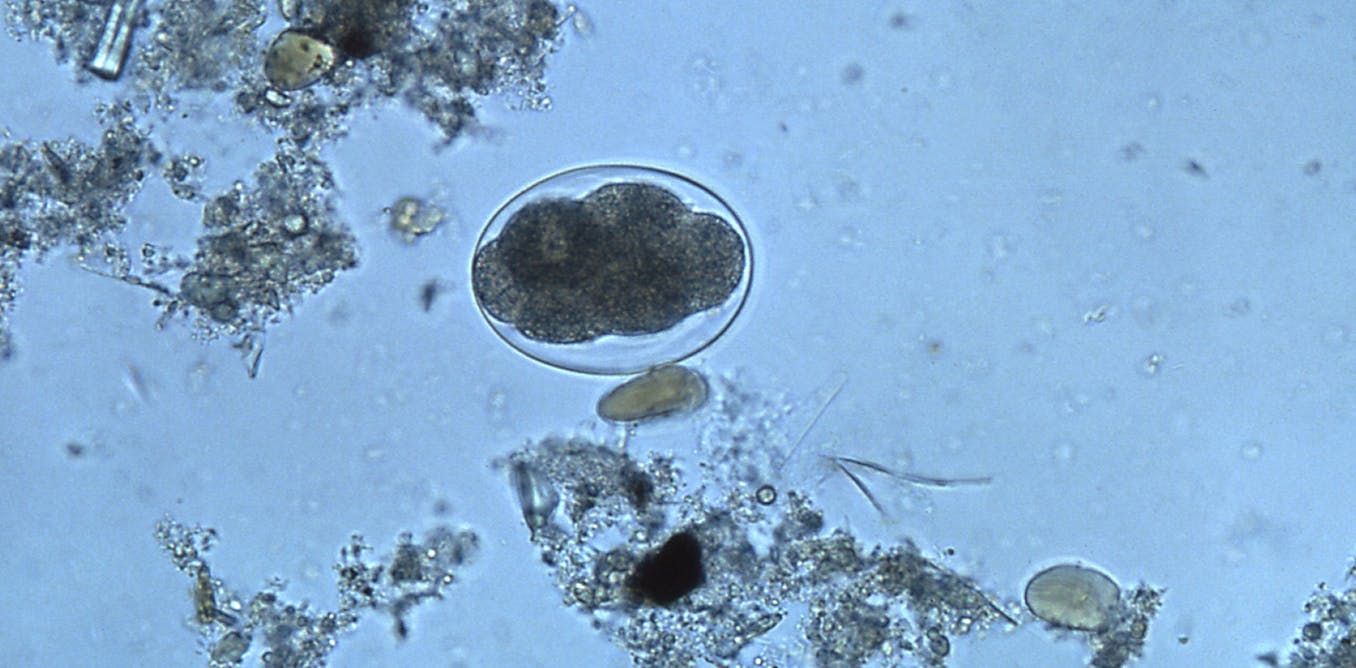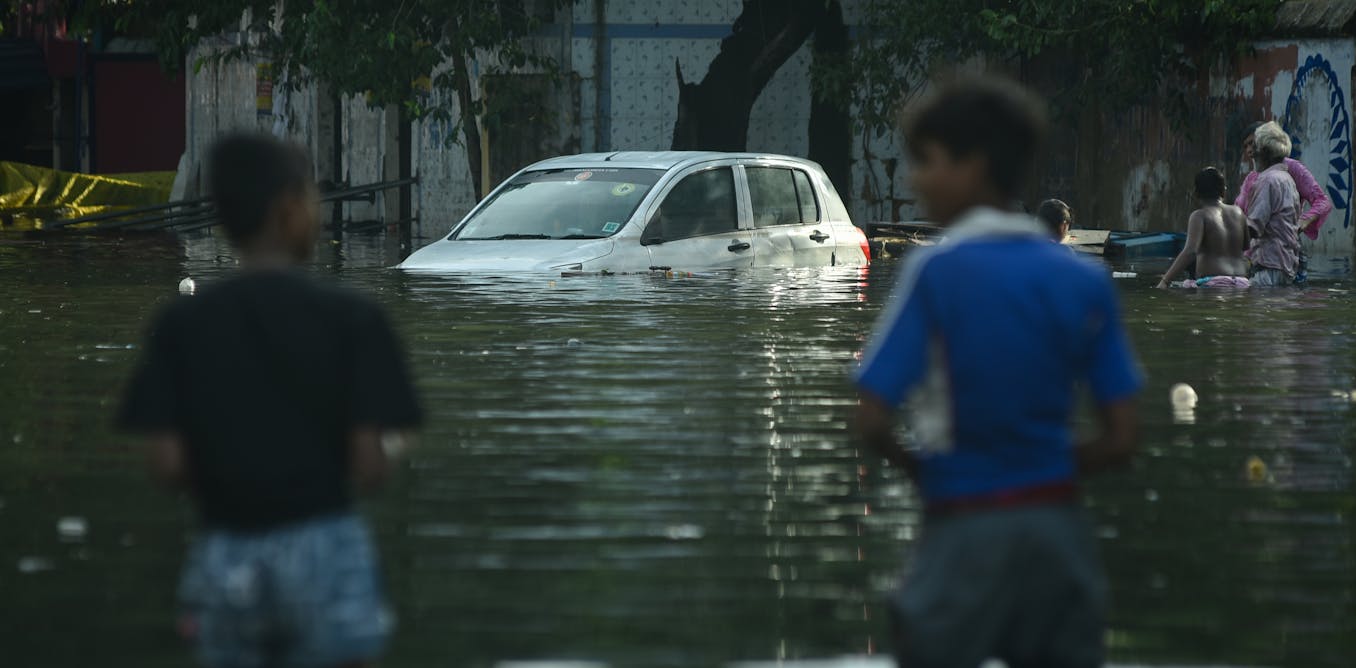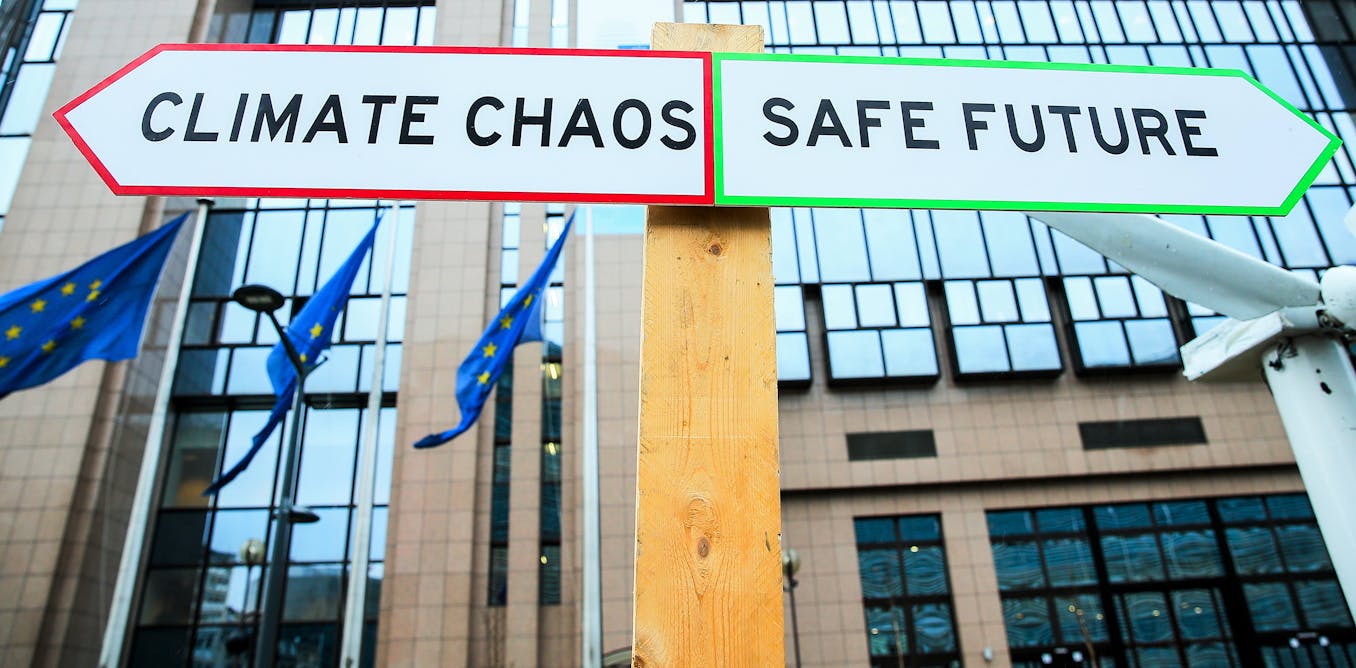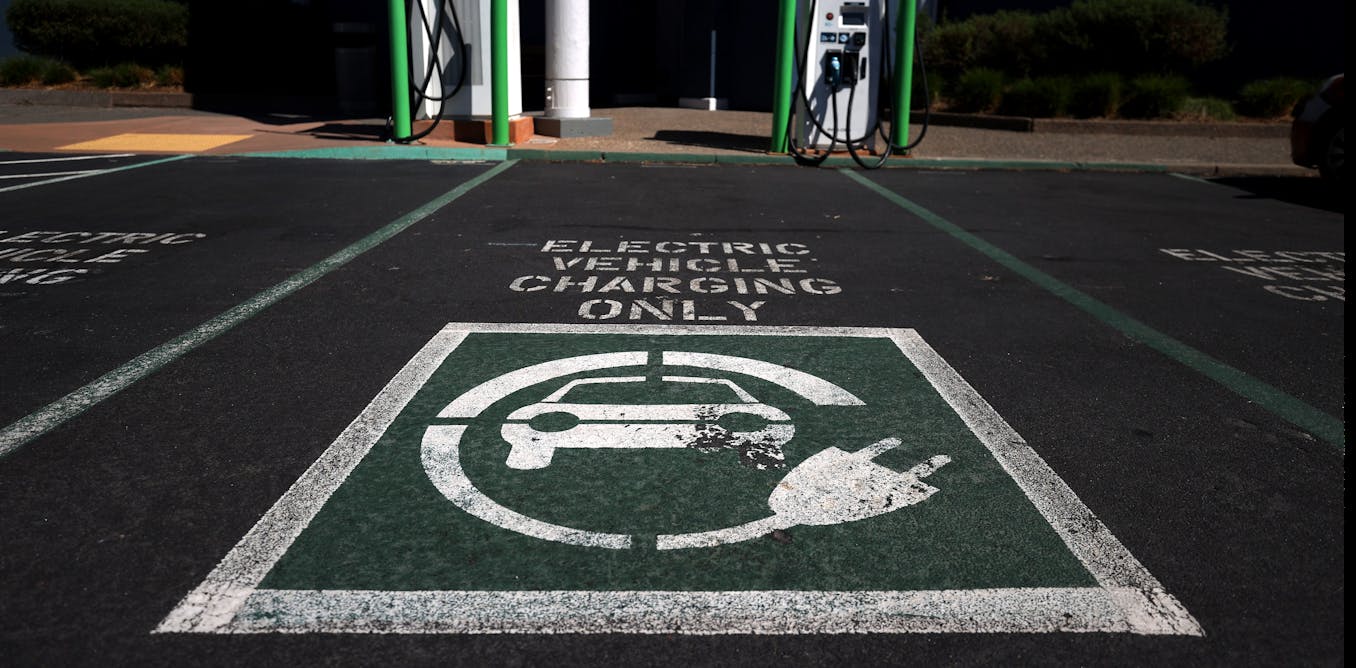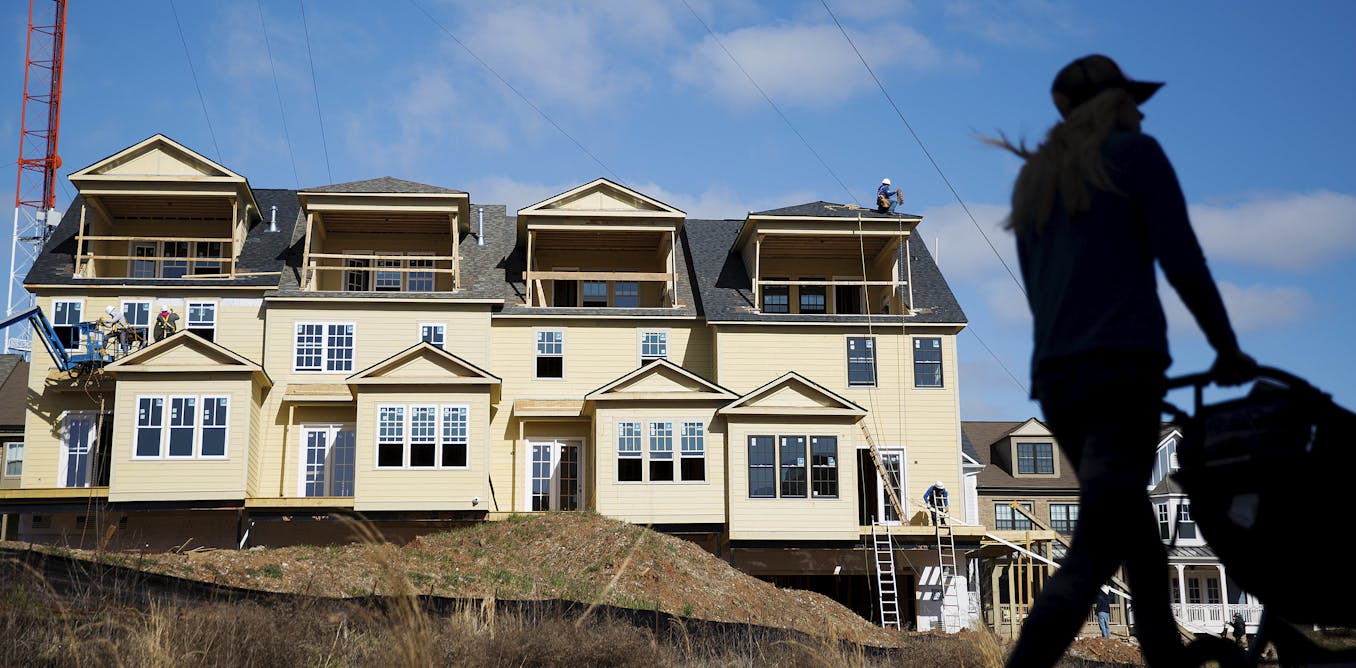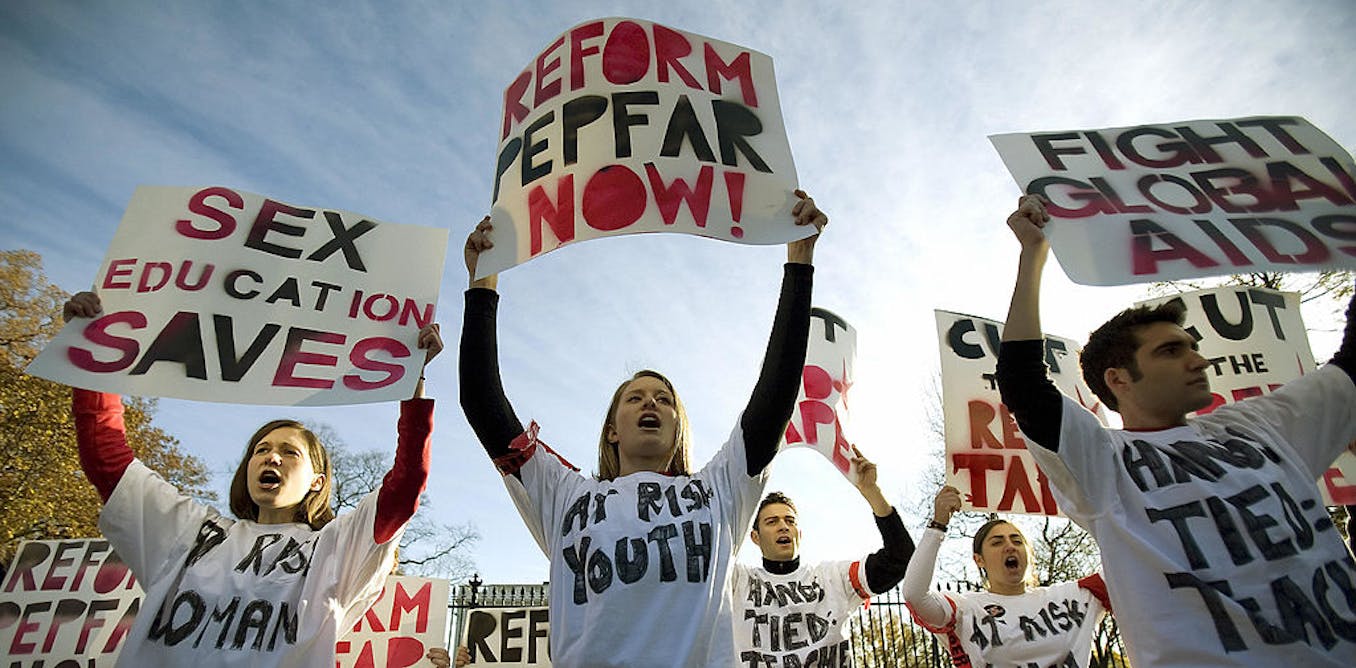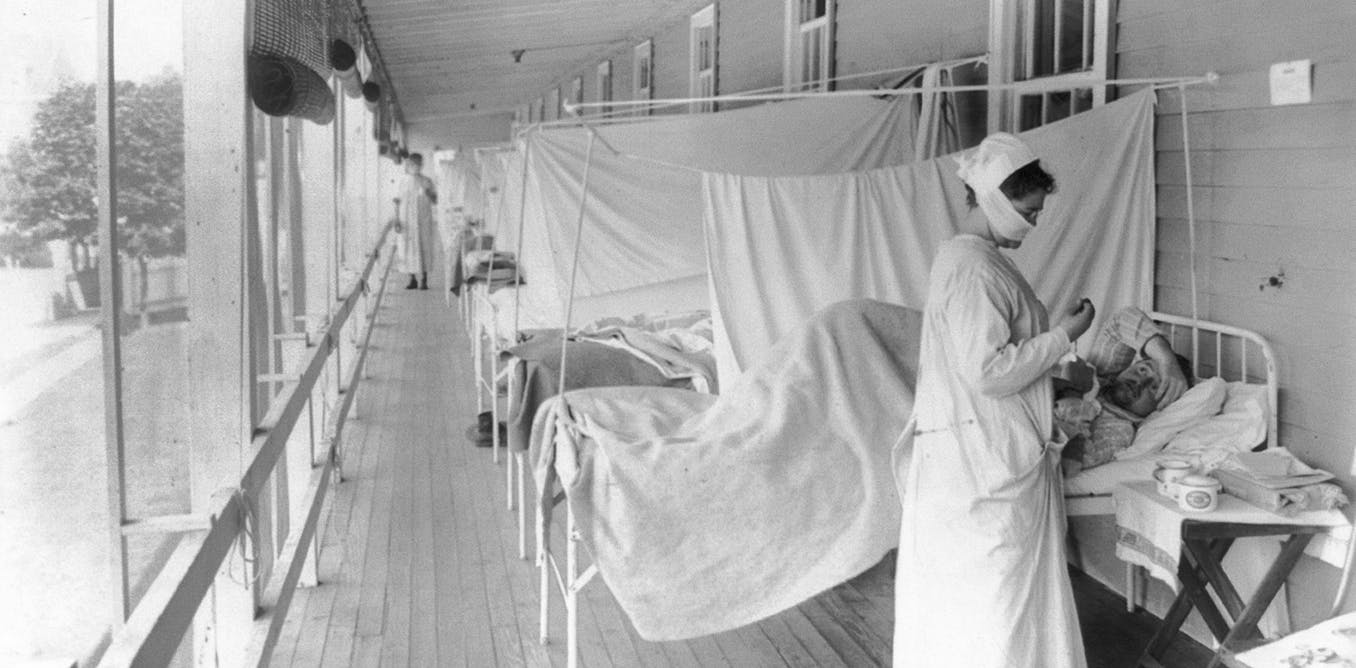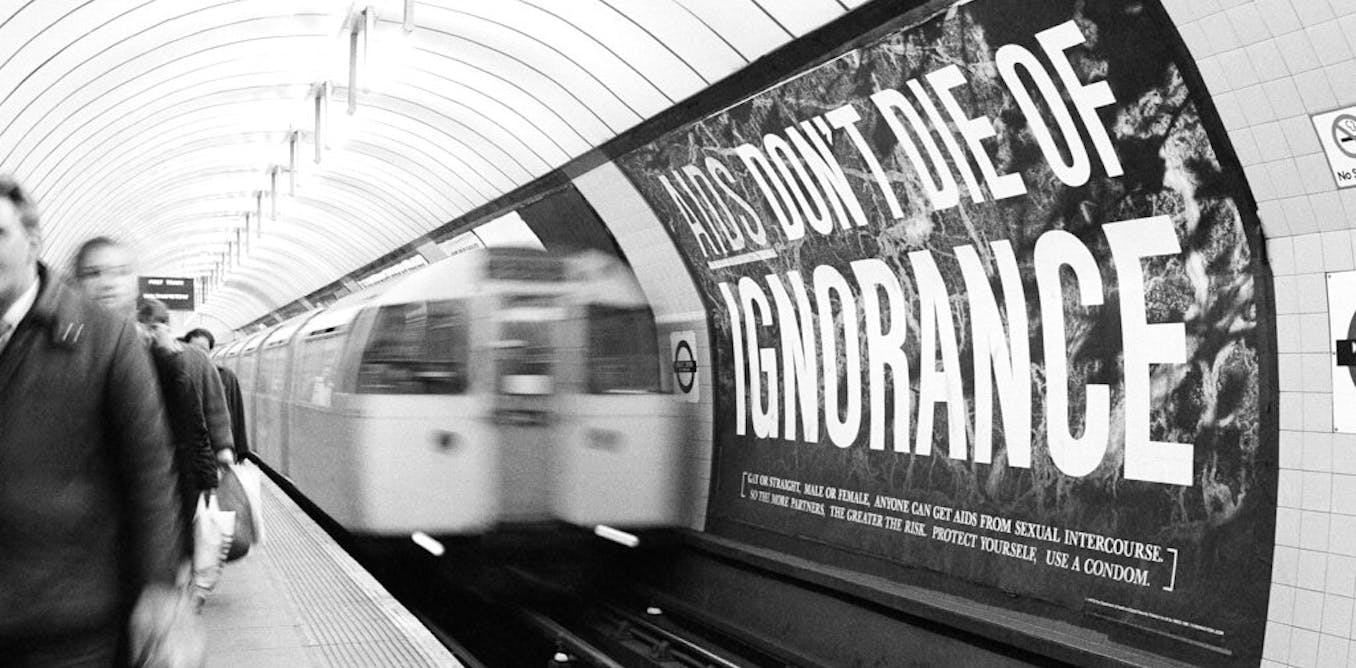Including race in clinical algorithms can both reduce and increase health inequities – it depends on what doctors use them for
Biased algorithms in health care can lead to inaccurate diagnoses and delayed treatment. Deciding which variables to include to achieve fair health outcomes depends on how you approach fairness.
May 26, 2023 • ~11 min

